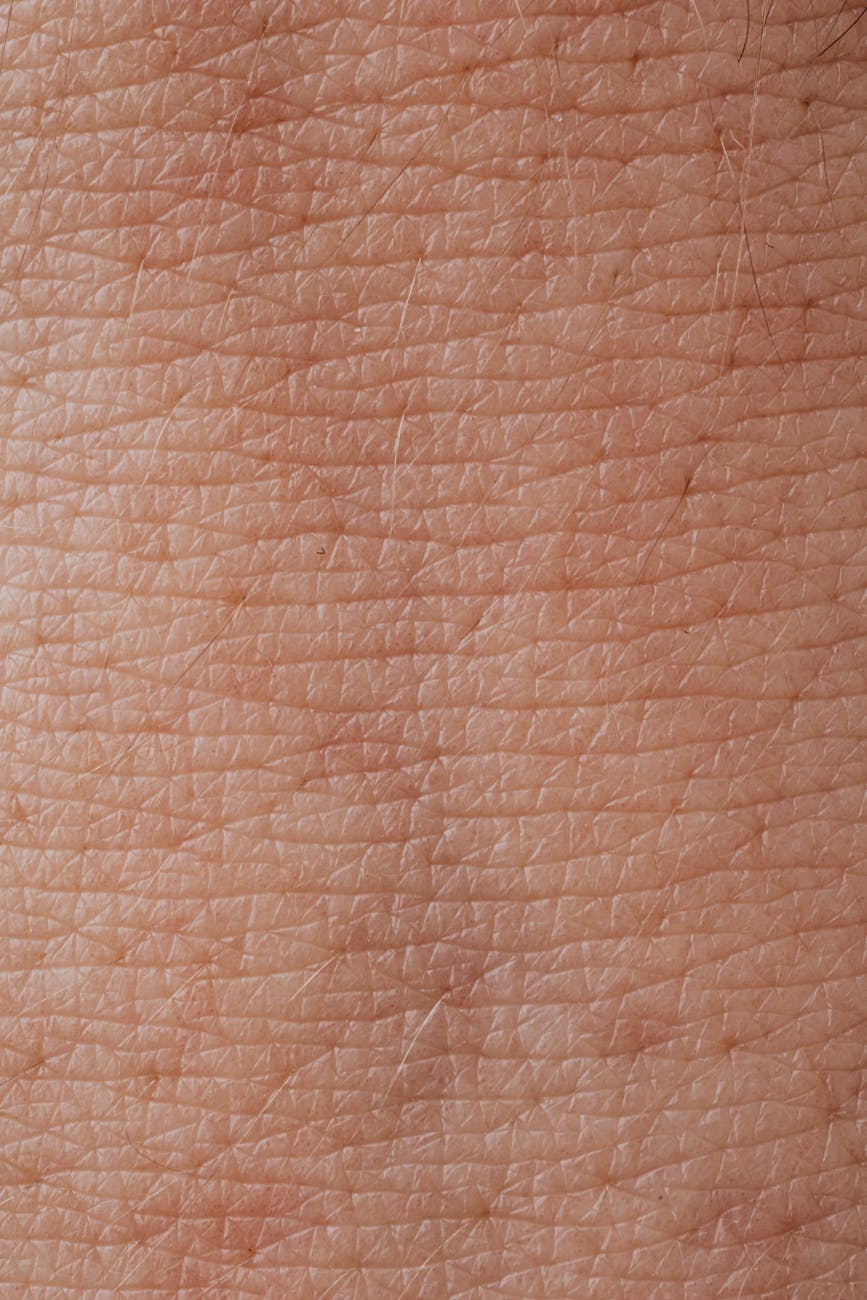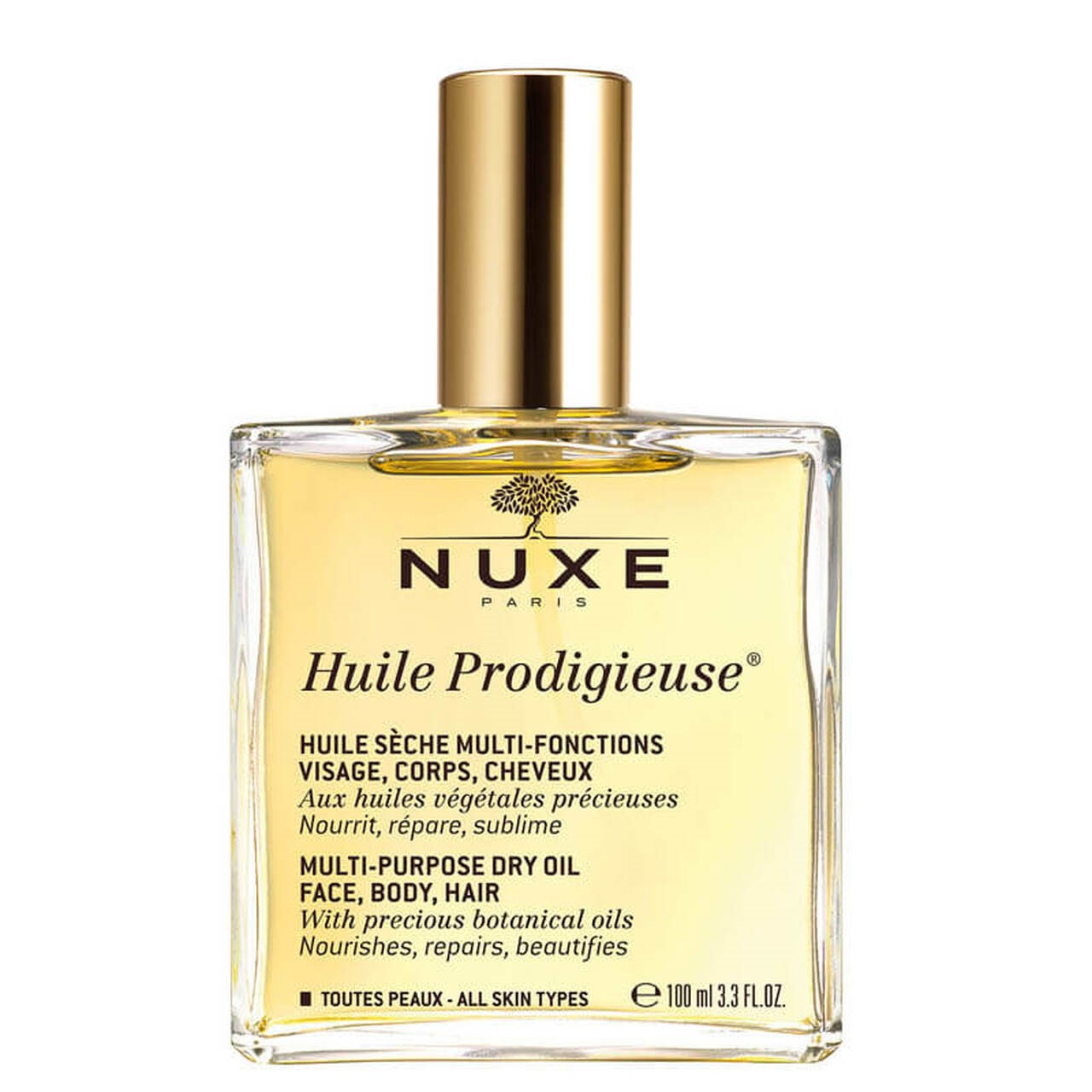In winter, one of the most common complaints for us is that our skin dries up. But in reality, what most of us are probably experiencing is dehydration. At first glance, ‘dry’ and ‘dehydrated’ seem like two words to describe the same thing. But when it comes to skincare they are completely different skin concerns with different causes. 75% are thought to suffer from dehydrated skin.
What’s the difference between dry and dehydrated skin?
Very simply dry skin lacks oil and dehydrated skin lacks moisture (water) so your skin can be dehydrated, dry or both. Dry skin is a skin type, but dehydrated skin is a skin condition that anyone can experience.
Dry Skin
Dry skin is caused by your genetics, a hormonal imbalance and is classed as a skin type which means that your skin naturally produces less oil than someone with normal, oily or combination skin type.
Dry skin Characteristics
Feels Rough
Feels Tight and Appears Dry, with no oiliness evident
Can Be Flaky
These characteristics rarely change, skin feels dry all year long.
Dehydrated Skin
Dehydrated skin is a skin condition, you are not born with it but it is self-inflicted due to lifestyle habits/changes. It can be caused by simple things like harsher weather, sun exposure, poor diet, air conditioning and using incorrect skincare. All of these can deplete the water content of your skin, leaving your skin gasping for hydration. Dehydrated skin is caused by a shortage of water, not oil, so even if you have oily or combination skin types you can become dehydrated. There is a bit of a misconception that the main cause of skin dehydration is lack of water intake. Water intake certainty has to be considered, but it isn’t usually the primary cause. Only 10% of the water you drink goes to the skin.
Dehydrated Skin Characteristics
Look Dull
Feels Itchy and sometimes irritated
Fine lines (if you gently pinch the surface of your skin, and if you so criss-cross lines like that of an orange, that is a good indicator of dehydration.
Accelerated signs of skin ageing
Dehydrated skin tends to come and go, it does not persist. Another indicator of dehydrated skin is that it’s often accompanied by an excessive production of oil and/or blackheads. Despite this the skin still feels tight.
Key causes of dehydrated skin
Sun
UVA is the main cause in terms of weather when it comes to skin dehydration. UVA causes free radical damage in the cells, breaking down collagen and elastin causing lines and wrinkles.
Incorrect Skincare
Dehydrated can in a lot of cases be caused be the result of using skincare products that contain harsh or skin-sensitising ingredients, which can strip the pH of the skin causing an imbalance.
Air-Conditioning & Central Heating
Unfortunately both of these strip the moisture from our skin.
What can we do to fix it?
For dehydrated skin, assess your skincare routine, and avoid using any harsh, sensitizing products.
Dehydrated skins need moisture (water), the best ingredient that helps to keep water in the skin is called ‘hyaluronic acid’. Hylauronic acid is naturally present in our body, but as we age it starts to deplete. Hylauronic acid is an excellent ingredient to prevent moisture loss and skin ageing (it can hold itself 1,000 times itself in water). The best way of getting this product into the skin is by using a serum as they can penetrate the skin much deeper than your regular moisturiser. Some of my favourite’s serums that contain hyaluronic acid are Alumier Ultimate Boost Serum €74.00, Neutrogena hydroboost €17.46. If you are looking for a more natural alternative that’s right on our doorstep Element 8 Serum €36.00 is a perfect solution, which was launched just before Christmas.
Maintaining a healthy lifestyle your skincare routine will help support and plump your skin and help prevent dehydration.
For dry skin use a good hydrating moisturising like Kiehl’s Ultra Face Cream €28.50 and an anti-oxidant rich mask like Dermalogica’s award winning multi-vitamin power recovery masque €47.00.




